 Written by Ted Anderson
Written by Ted Anderson
Art by Tara O’Connor
Published by Seismic Press /
AfterShock Comics
Are there any novel ways to depict mental illness?
Side Effects tells the story of Hannah, who is dealing with anxiety and depression during her first year of college. She has a support system: her boisterous roommate; a therapist working with soothing her brain chemistry; even a cute girl she meets at a party.
Hannah’s therapist puts her on meds to help, and she gets the usual side effects such as headaches and insomnia. And, oh yeah, superpowers.
However, this is not a superhero story in which the hero’s actions are refracted through mental illness, like Moon Knight.
Ted Anderson and Tara O’Connor instead craft a heartening tale that shines through its grounded take on someone just trying to get better. In this story, the mental illness is refracted through superheroics that are simply the good deeds and dangers of everyday life.
Anderson and O’Connor craft a detailed story with realistic scenarios and depictions of depression and anxiety, and treatment for them. By placing the story within freshman year of college, they tap into many common feelings of folks who go off to college – it’s already anxious enough to be away from home and a form of school with actual consequences and far less hand-holding.
But for Hannah, those common feelings don’t stop. Her roommate finds her in a heap of exhaustion and tears, curled up in a bed she can’t leave.
When she takes the meds for the first time, Hannah gets anxious about whether she has anxiety over her anxiety. These are the details that make Side Effects work before it spins into something more fantastical with the superpowers.
O’Connor creates well made figure art as well as panel work that conveys mood quite well. I’m generally not a fan of anime- and manga-influenced cartooning in my non-manga comic books, but this old man has to accept that’s the influence now for so many sensitive art souls. That said, the overly expressive characteristics of anime/manga styles capture the high emotionality of this story filtered through Hannah’s eyes.
In Side Effects, the superpowers are both real and metaphors. Hannah may be able to manipulate electricity and read minds based on the meds, but it’s also the idea that Hannah doing the work to manage her mental health is a superpower of its own. That, with treatment, therapy and medication (if needed), people’s true power has space to emerge.
Grade: A






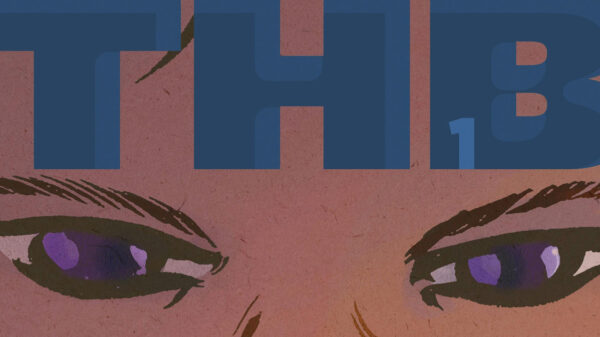


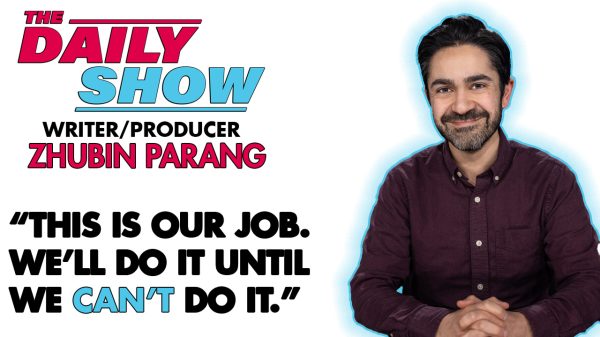
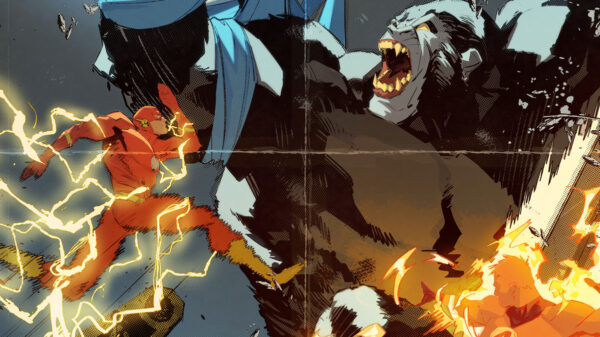


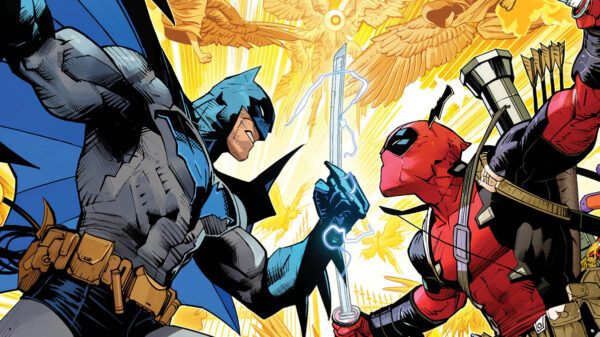






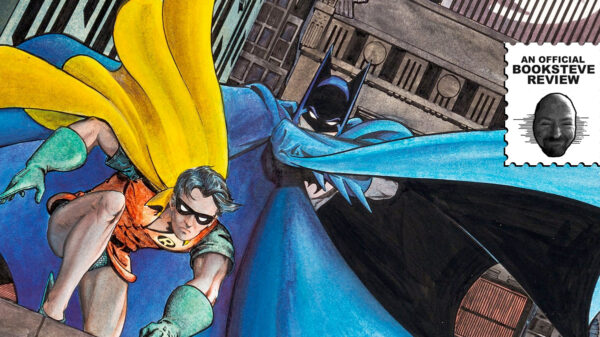



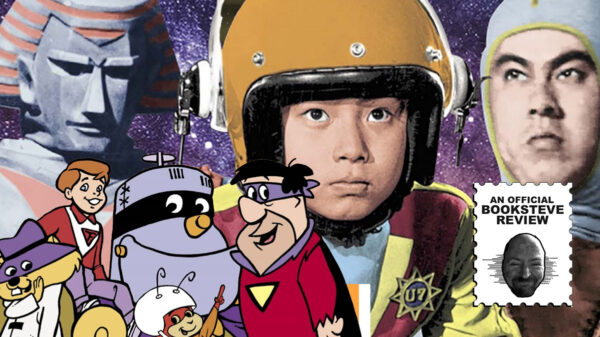


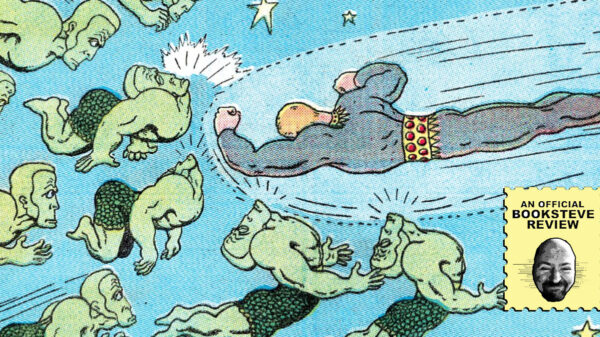
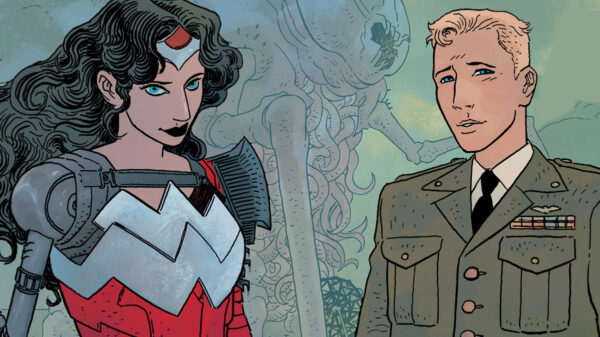






















































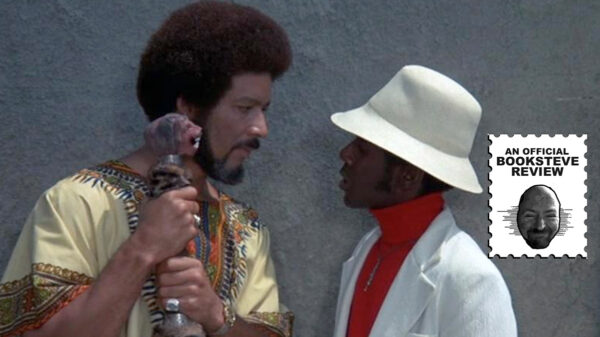















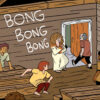
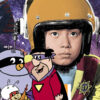
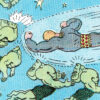

You must be logged in to post a comment Login